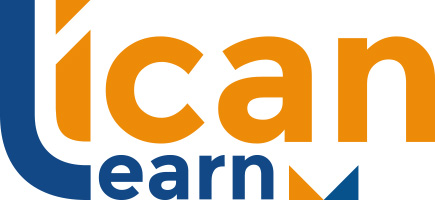
Being the CEO of a specialist financial counselling and capability organisation delivers unique insights into the training and professional development needs of the sector. Our organisation’s greatest pride is the mentorship program we developed with the Commonwealth Bank, providing career pathways for Indigenous people nationally, to move from financial capability worker to financial counsellor. But what happens when your team hits the ceiling and the majority have been accredited financial counsellors for a number of years?
Stuck in a job without challenge and an income that stagnates is a sure fire recipe for discontented employees. This got me thinking, where to from here? What new opportunities can we provide our senior financial counsellors to keep them fulfilled in their employment? And how can they generate more income for the organisation that in turn provides them higher salaries?
It was these questions that in part drove the development of ICAN Learn, our “social enterprise”, registered training organisation (RTO). We saw and still see ICAN Learn as the vehicle for experienced financial counsellors across Australia to become qualified sector leaders, teachers, professional supervisors, specialists and industry advisors. All unique skills that support and add value to the financial counselling profession.
When writing the business plan for ICAN Learn, we reached out to agency managers and financial counselling, capability, resilience and emergency relief workers to get their thoughts on vocational education priorities for the financial well-being sector. Both agency managers and workers rated the Advanced Diploma of Financial Counselling the highest, as an education opportunity that they would be interested in, with an average score of 71.5%. When asked, what subjects would you like to see in an Advanced Diploma of Financial Counselling, sector workers rated leadership and management the highest at (82.5%), with specialist health program/policy (71.4%) and professional supervision (66.4%) coming in second and third.
What the data showed me, is that both agency managers and sector workers share some of my views on the development of financial counselling and have a strong appetite for the continued professionalisation of the financial well-being sector through vocational education. I know there are people in the sector saying, “What’s the point of doing an Advanced Diploma of Financial Counselling, it’s not going to change my pay packet.” To those people I say, there are already accredited financial counsellors out there earning extra income through teaching, supervision and consultation, it’s time to advance.


